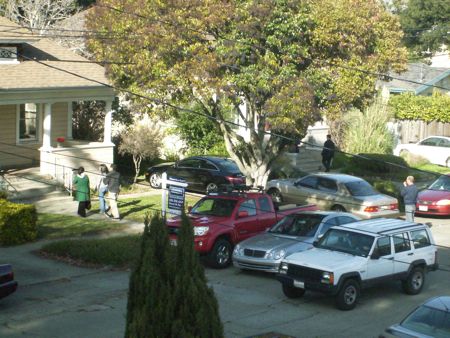In a previous post, I looked at some areas where Unitarian Universalists have a great deal of theological unity. Now I’d like to turn to four areas where there is far less unity.
(1) Unitarian Universalists are not in agreement regarding a fundamental ontological claim of process theology. To oversimplify, process theology asserts that God is in the process of evolving. Therefore, a Unitarian process theologian like Charles Hartshorne might call the concept of omnipotence a “theological mistake”; God cannot be omnipotent because God is in process. By contrast, many Unitarian Universalists today will argue that if you’re going to talk about God, one attribute that God must have is omnipotence; this is the foundation for many arguments by Unitarian Universalist atheists or humanists showing that God must not exist.
This represents fundamental theological disagreements about the nature of God, and about the nature of reality (ontology).
(2) Unitarian Universalists are not in agreement regarding one key component of most liberation theologies. Continue reading “Theological disunity”

